#lit: tsh
Text

#personal#*#books#coquette#literature#spilled ink#poetry#quotes#words#words words words#on love#lit#the secret history#donna tartt#tsh
2K notes
·
View notes
Text





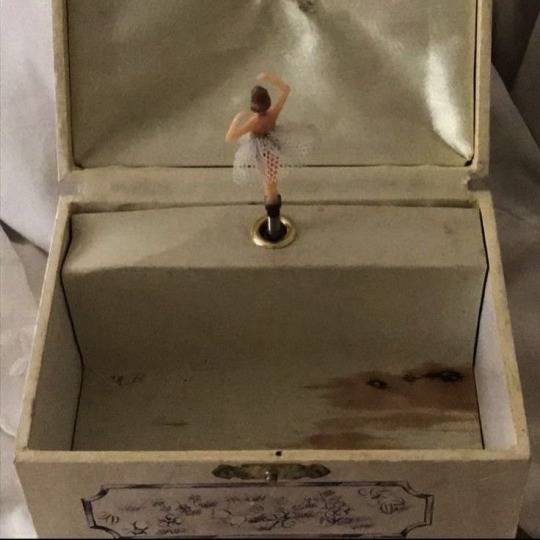
𝔡𝔬 ℑ 𝔴𝔞𝔫𝔱 𝔱𝔬 𝔟𝔢 𝔯𝔢𝔪𝔢𝔪𝔟𝔢𝔯𝔢𝔡 𝔬𝔯 𝔣𝔬𝔯𝔤𝔬𝔱𝔱𝔢𝔫?
#academia#chaotic academia#classic academia#dark academia#literature#aesthetic#english literature#uni#college#lit#green academia#academic weapon#dark acadamia aesthetic#light academia#dark acamedia#academia aesthetic#academics#chaotic academic aesthetic#romantic academia#autumn aesthetic#winelover#red wine#wine#coffee and ciggaretes#cigarette#cigarsmoker#cigardaddy#tsh#the secret history aesthetic#the secret history
429 notes
·
View notes
Text
Richard Papen:

#classic lit#classic lit memes#classic literature#classic literature memes#the secret history#tsh#richard papen
2K notes
·
View notes
Text

Henry winter in a nutshell
#Henry winter#The secret history#TSH#charles macaulay#camila macaulay#bunny corcoran#francis abernathy#donna tartt#Homer#homers odyssey#homers Iliad#richard papen#henry winter x reader#dark academia#dark academism#dark academia books#dark lit
1K notes
·
View notes
Text
reading books like the secret history is always such a wild ride, because i'm fully aware that it's a criticism of aesthetic hedonism and the elitism of academia, and then i'll read a line like " if we are strong enough in our souls we can rip away the veil and look at that naked, terrible beauty right in the face; let God consume us, devour us, unstring our bones. then spit us out reborn" and i go absolutely fucking feral.
#the secret history#tsh#camilla macaulay#charles macaulay#julian morrow#francis abernathy#richard papen#henry winter#bunny corcoran#donna tartt#analysis#chaotic academia#literature#lit
5K notes
·
View notes
Text






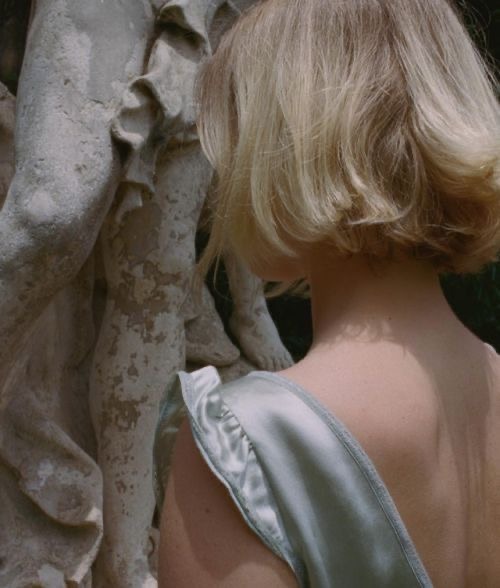

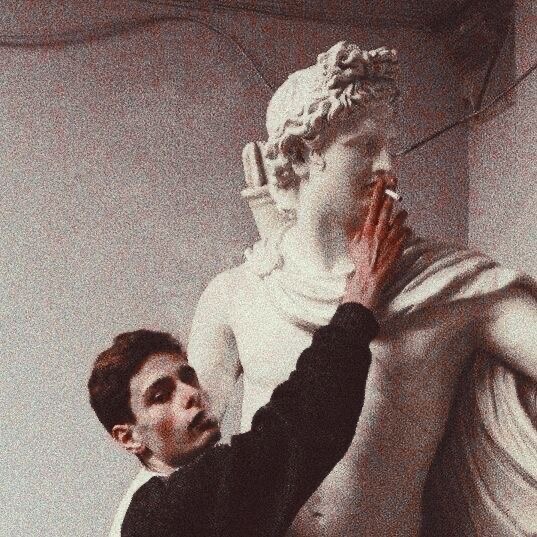
THE SECRET HISTORY by Donna Tartt
#kaela's 2024 reads#2024 reads#the secret history#tsh#the secret history aesthetic#tsh aesthetic#tsh donna tartt#richard papen#henry winter#charles macaulay#francis abernathy#camilla macaulay#bookblr#booklr#book aesthetic#litedit#lit edit
193 notes
·
View notes
Photo
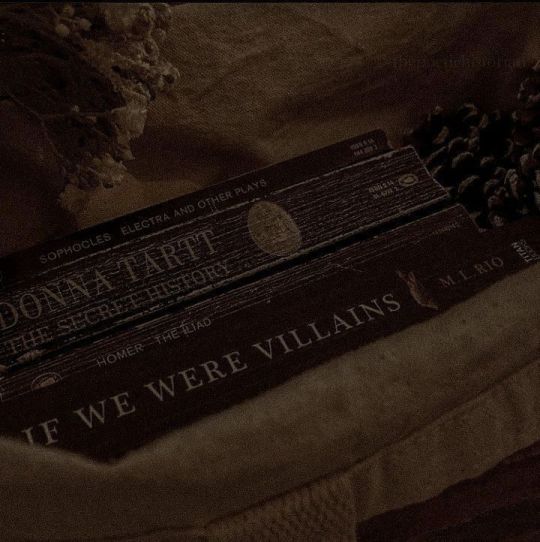
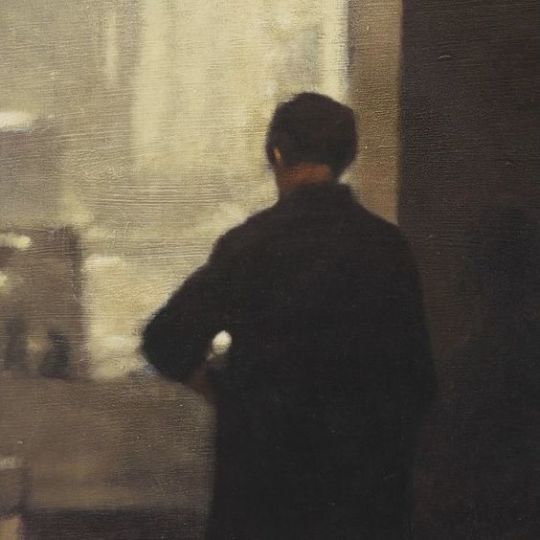

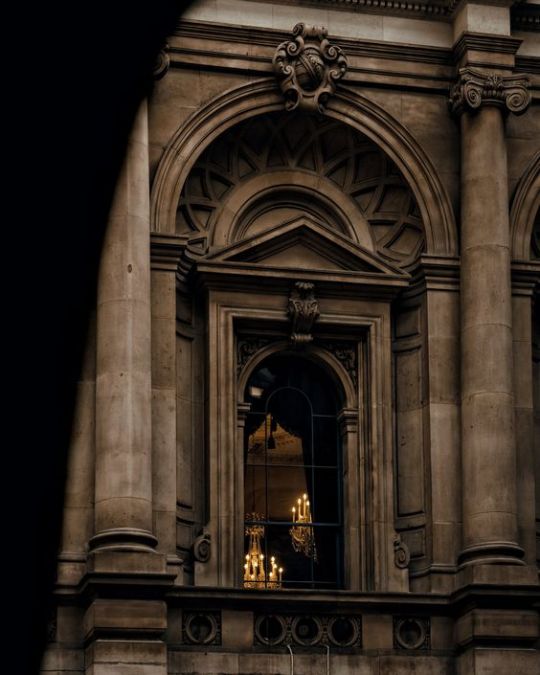




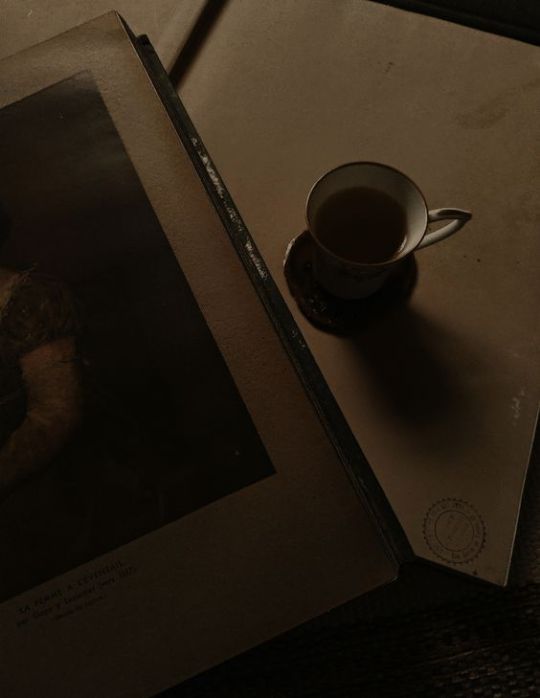
Richard Papen — The Secret History
Hi! I'm doing a new survey on Dark Academia for my university research on aesthetics, if you like it or know what it is I'd appreciate it if you could fill in the survey: https://forms.gle/xZRvM5pxF62bhDyn7 (Copy and paste the URL, otherwise it won't open)
Best regards and thanks in advance! 🖤
#the secret history#richard papen#donna tartt#henry winter#Bunny Corcoran#Camilla Macaulay#Charles Macaulay#TSH#Dark Academia#darkest academia#chaotic academia#academia#80s#literature#book#aes#Aesthetic#moodboard#Francis Abernathy#lit#spooky#autumn#fall#winter
1K notes
·
View notes
Text
Hot take.
In the Homeric world, as a hero (e.g. Achilles Odysseus), you gain HONOUR during life, and after you die, you gain the GLORY, which will offer you immortality through songs that start getting written in your name. Basically, you remain in the memory of everyone, and this is the way you become immortal!
Henry was so in love with Homer and the Homeric idea of GLORY, that he tried turning himself into a Homeric hero. He wanted to become immortal, and through his "action" from the end of the book (trying to not spoil it), he thought that he'd be a saviour, a hero, saving others by sacrificing himself. Therefore, becoming immortal according to the Homeric laws.
#the secret history#dark academia#donna tartt#tsh#henry winter#richard papen#book analysis#yes im a lit students and I need to know these inside out for my exams
230 notes
·
View notes
Text
Henry vs Julian
I have been thinking about this a lot. While Henry clearly admires and models his scholar self on Julian, their essential difference is in how they perceive the Ancient Greeks.
Julian's interest in the Ancient Greeks is true interest, he admires their high and exalted values. For him, the Greeks were the highest point of human civilization, and the closer he comes to his own time the more his disdain increases - the Roman Catholic Church he holds in contempt but it's still a 'worthy enemy' not as bad as the Presbyterian Church. It isn't mentioned but he must hold modernism and it's philosophy with disdain - modernist moral vacousness being a direct contradiction of the idealist values loyalty, honor, chastity etc. that were so exalted by the Greeks. Which is why he is always cherry picks, sees only what he wants to see, and invents what he can't - both for himself (his ambiguous involvement with the Isrami government) or for his students (encouraging Richard to lie about his life in California). Since he can't time travel back to Greece himself, he must try to live that life as much as he can and believe himself a character in a Greek play. But it comes, not from a place of wanting to escape his current reality, but true admiration of the ancient Greek way of seeing and doing things.
Henry is a true modernist. The monologue about feeling dead is central to his understanding his character:

Maybe it stems from his near death experience but he sees the world as inherently meaningless, God is dead and heaven and hell have been revealed to be man-made constructs, there is no punishment for evil and since there is no moral line. I think he subconsciously realised all of this before coming to Hampden, but to truly accept it would have been soul-crushing. So he tries to escape it by immersing himself in the Greeks, I imagine the absolutist values, vague representational ideas pertaining to each god might have interested him but really, it could have been anything else, the Medieval Age or the Victorians, anything. He just needed something to be obsessed with, to give meaning to his existence which he subconsciously knew to be meaningless. So is his adoration of Julian, he admired and wanted Julian's ability to almost half-live in another time when, in his view, things mattered more (we have divinity in our midst). It also explains the Bacchanal which is otherwise so out of character for him. The appeal was to escape the soul crushing knowledge of meaninglessness - even if for a while. To worship and call on Dinosiyus with the blind belief of the Ancient Greeks, a kind of belief that simply cannot exist anymore in the postmodern, post-Neitzche world. His harebrained plans also came from the same impulse, including the poison plan, and the one way ticket to Argentina.
I suspect that what subconsciously drove him to murder bunny, aside from the obvious fear of getting caught - is the same thing that drove Mersault to murder the Arab - it's the old existentialist question, if good and bad are relative and there is no punishment for evil, how far can one go? Bunny's murder was Henry's existentialist experiment with himself. And, I think in a way it confirmed for him what he already knew, they escaped unscathed and he didn't feel any of the fear or remorse he expected to feel. While it did give him the momentary sense of power, the feeling that he could now do whatever he wanted if he can be clever enough to not get caught, since he won't be punished for it otherwise. While it gave him enough courage to go get the girl he always wanted - it did confirm for him the inherent meaninglessness of the world. Also, conversely, Camilla could have been another experiment - something must matter, was it love? Camilla was the only girl he knew and he was fond of her - he may not even have thought of her romantically before considering he never cared to act on it in all the time he had known her. But either way, Julian's abandonment broke him.
Coming back to Julian, Julian's abandonment omakes perfect sense to me - he was disgusted by the modernist moral vacousness in his students. He himself was a moral man, but his morals operated on his own standards. He based it on the Greek sense of Honour, not the more modern sense of Justice. His basic instinct was the preservation of his own purity - he couldn't possibly keep on as their teacher. But also, to turn them in would be against his sense of honour - he must have very little respect for the police and law enforcement as institutions being the kind of person he is. Not to mention it would mean his having to be in frequent contact with the police and court. From his point of view atleast, leaving is the only thing he could have done, really.
For Henry however, he sees that his obsession with the Greeks as well as his admiration for Julian as the sham that it really was, is disillusioned with the world, shattered. Except for his fondness for Camilla he didn't really have anyone he loved, he saw his friends as pawns, wasn't close to his family, didn't have any goals in life with everything in his reach with his father's money - the only person he had really loved was Julian, and there he was betrayed. His obsession with the ancient Greeks was also thus tainted with Julian's betrayal - since it wasn't true interest at all, only a disguised attempt at escapism - it wavered and fell apart, and he didn't have a reason to live anymore.
.
Side note : Richard falls between the two. Like Julian, he had a real interest in the ancient Greeks, but he didn't put them on a pedestal like Julian did. He realised that like his own time, and like all other times in history the Greek civilization too had its own good and bad aspects, and he wanted to learn about it for its own sake. But he doesn't make it his life, or use it to escape his own reality - outside of his classes he was very much rooted in his own time.
#the secret history#tsh#donna tartt#henry winter#julian morrow#richard papen#camilla macaulay#charles macaulay#francis abernathy#bunny corcoran#tina rambles#lit
470 notes
·
View notes
Text




Love doesn’t conquer everything. Whoever think it does is a fool.
#aesthetic#chaotic academia#classic academia#dark academia#dark academia aesthetic#university#classic literature#books and libraries#books and coffee#books and literature#lit#literature#classic#dark academia vibes#academia aesthetic#academia#light acadamia aesthetic#light academic aesthetic#tsh#the secret history
256 notes
·
View notes
Text

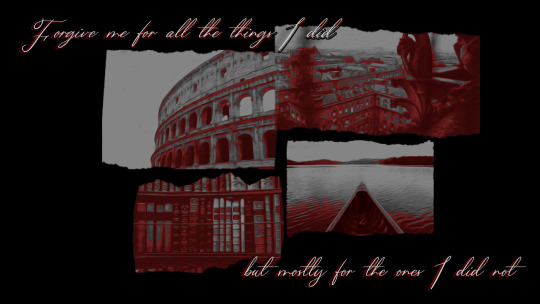


THE SECRET HISTORY - Donna Tartt
But how...how can you possibly justify cold-blooded murder?
I prefer to think of it as redistribution of matter.
#if it looks awkward youll leave me alone this has been in my drafts for too long#the secret history#tsh#tsh edit#tshedit#the secret history edit#lit#lit edit#litedit#*
186 notes
·
View notes
Text
The snow in the mountains was melting and Bunny had been dead for several weeks before we came to understand the gravity of our situation btw. If you even care.
#the secret history#dark academia#tsh#donna tartt#btw if you care#book post#lit#henry winter#bunny corcoran#camilla macaulay#charles macaulay#francis abernathy#richard papen#dark academia aesthetic#dark academia textpost#autumn#winter#meme#txt#books#btw if you even care
999 notes
·
View notes
Text
Yes, I do put Dostoevsky on as an audiobook to fall asleep. Why do you ask?
#academia#chaotic academia#classic academia#dark academia#literature#aesthetic#english literature#uni#college#lit#fyodor dostoyevsky bsd#dostoyevski#fyodor dostoyevsky x reader#fyodor dostoyevsky fanart#fyodor dostoyesky#crime and punishment#academic weapon#dark acamedia#dark acadamia aesthetic#light academia#academia aesthetic#academics#chaotic academic aesthetic#romantic academia#green academia#chaotic good#chaos#tsh#the secret history aesthetic#the secret history
68 notes
·
View notes
Text
It's a very Greek idea, and a very profound one. Beauty is terror. Whatever we call beautiful, we quiver before it. And what could be more terrifying and beautiful, to souls like the Greeks or our own, than to lose control completely?
To throw off the chains of being for an instant, to shatter the accident of our mortal selves? Euripides speaks of the Maenads: head thrown I back, throat to the stars, "more like deer than human being." To be absolutely free!
One is quite capable, of course, of working out these destructive passions in more vulgar and less efficient ways. But how glorious to release them in a single burst! To sing, to scream, to dance barefoot in the woods in the dead of night, with no more awareness of mortality than an animal!
These are powerful mysteries. The bellowing of bulls. Springs of honey bubbling from the ground. If we are strong enough in our souls we can rip away the veil and look that naked, terrible beauty right in the face; let God consume us, devour us, unstring our bones. Then spit us out reborn.
Donna Tartt, The Secret History
#dark academia#romantic academia#bookish#booklover#dark academia aesthetic#books & libraries#books#book quotes#classic academia#classical academia#classic literature#classic lit quotes#the secret history#donna tartt#tsh#Donna tartt the secret history#classics
91 notes
·
View notes
Text
If i had a coin for every time I read about a character being mentally poisoned by another character who is specifically named Henry, I'd have two coins, which isn't a lot but it's weird that it had happened twice.
#the secret history#the picture of dorian gray#tsh#henry winter#lord henry wotton#<3#academia#mine#aesthetic#dark academia#studyblr#literature#lit
84 notes
·
View notes
Text






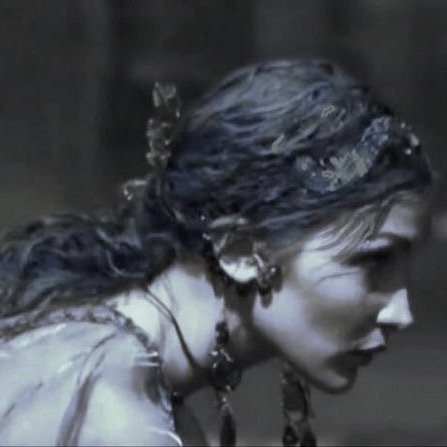


THE PRISONER’S THRONE by Holly Black
#kaela’s 2024 reads#2024 reads#book aesthetics#the prisoners throne#the stolen heir#tsh aesthetic#tsh#the prisoner’s throne#holly black#the folk of the air#oak greenbriar#queen suren#book aesthetic#lit aesthetic
47 notes
·
View notes